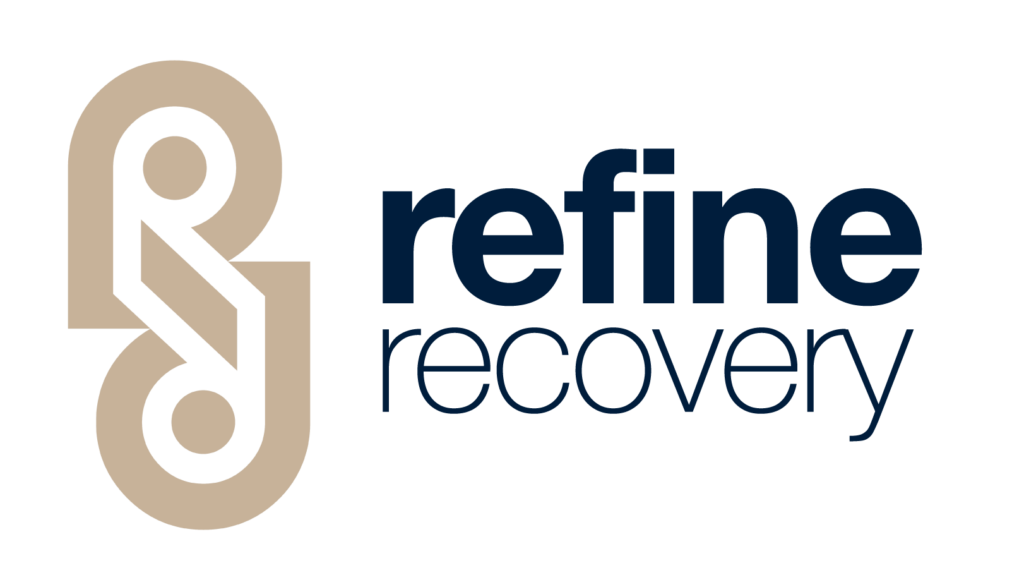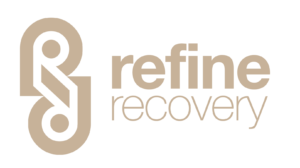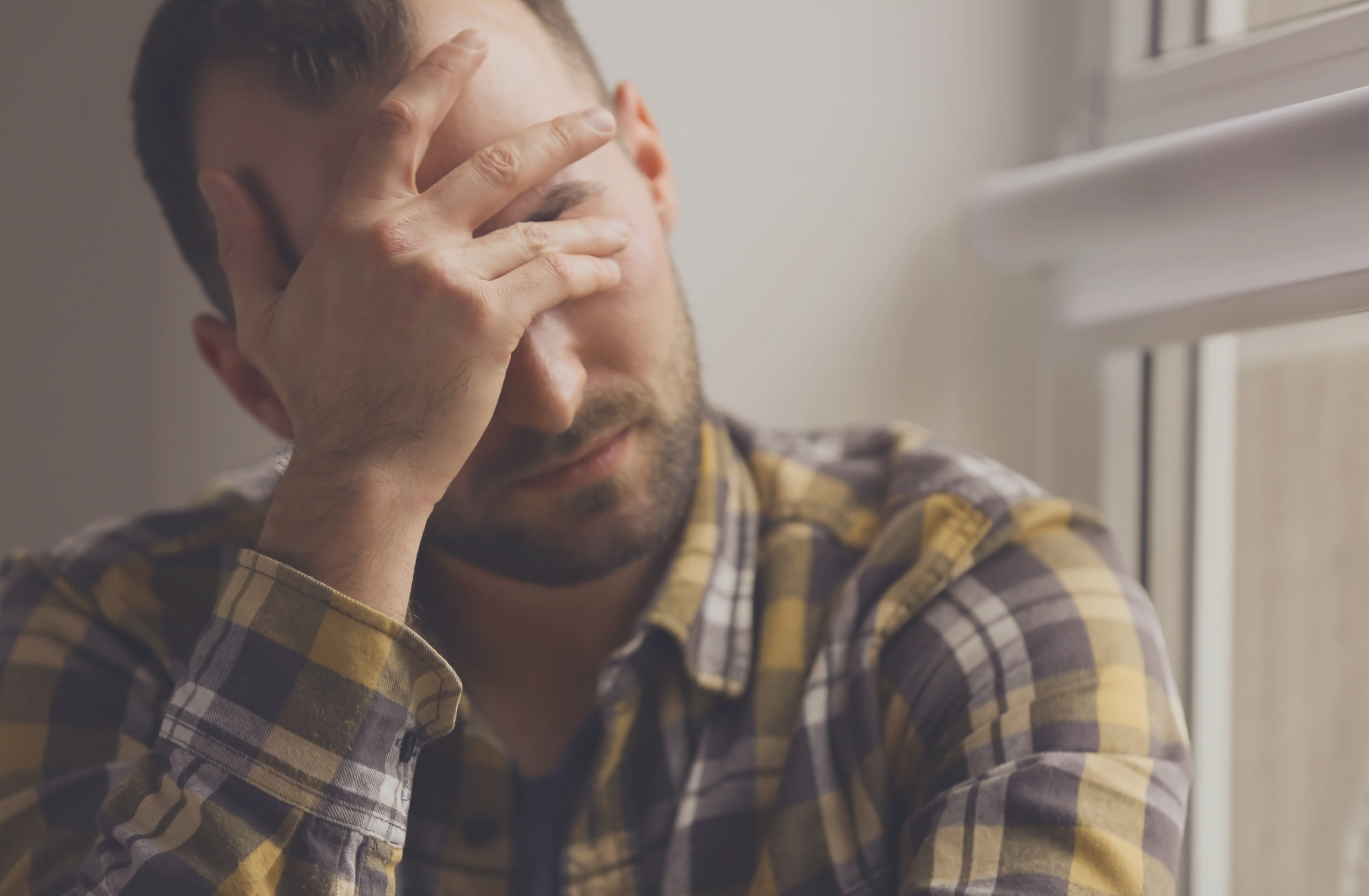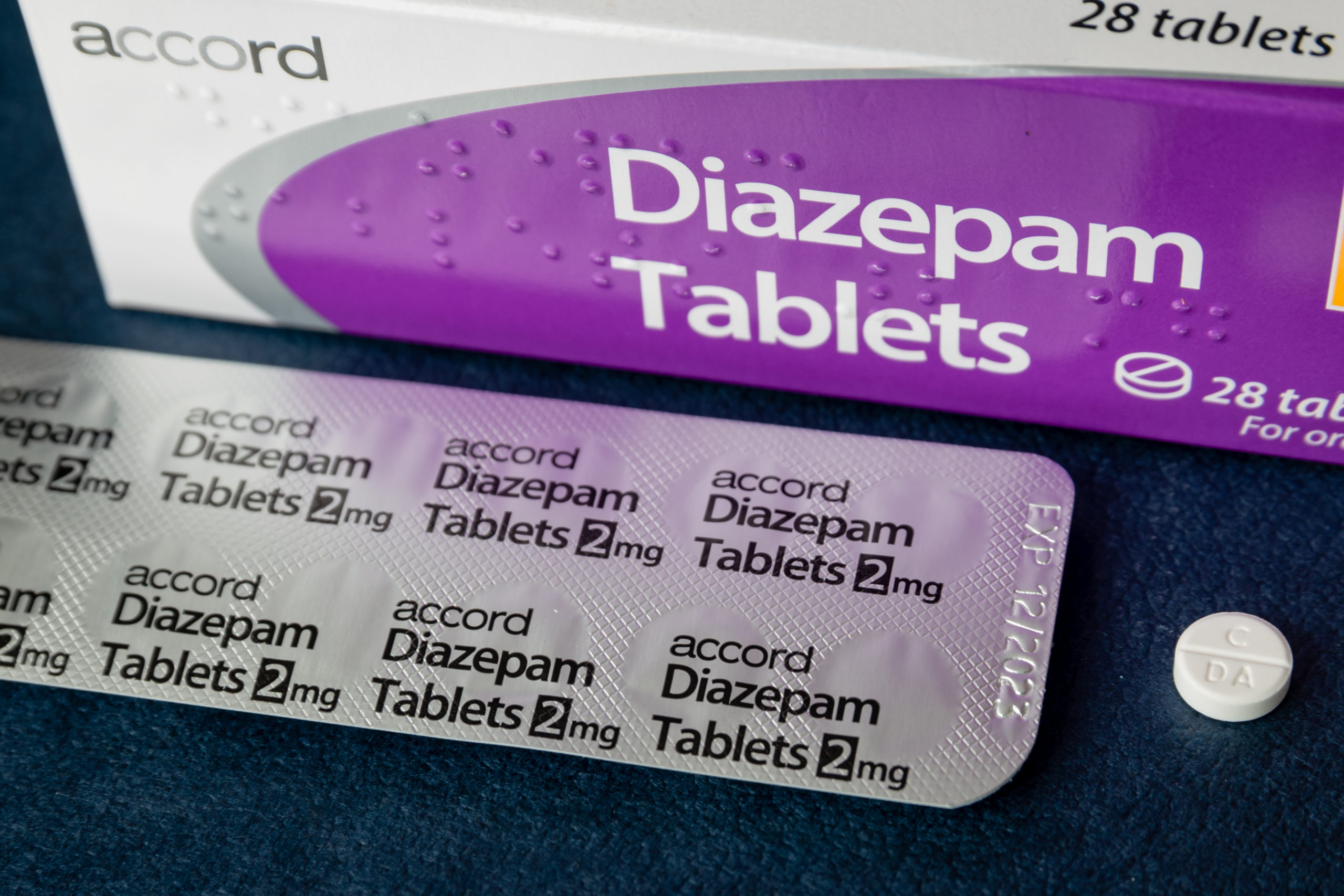Fighting addiction is an uphill battle. When determining the best strategies to use, therapists will often start by finding out what caused dependency issues to form. Many of them will ask the question, is addiction genetic?
This article will explore the genetic factors of addiction and answer the question, is drug addiction genetic, so you can better understand what’s behind addictive tendencies.
What Causes Addiction?
Addiction is a chronic mental health disorder. When people are dealing with a mental disorder, they may be reluctant to reach out for help. They may be dealing with stigmas; they may not have the time or money to get the care they need, or they may not think their problem is that bad.
Instead of getting assistance, they do drugs and alcohol to relieve their symptoms. While the drugs may produce temporary feelings of calm or euphoria, they will ultimately take the patient on a downward spiral.
They can lead to devastating lows that make mental illness worse. And if the drugs become addictive, they can result in financial difficulties, troubled relationships, physical ailments, legal issues, and more. \
Is Addiction Genetic?
The short answer to the question is whether drug addiction is genetic. At least half of a person’s risk of forming an addiction can be linked to genetic factors.
Nora Volkow, MD, director of the National Institute on Drug Abuse points out that a specific type of dopamine receptor called D2 can predict whether someone might become addicted to cocaine, alcohol, or heroin. She points out brain imaging that suggests people with fewer D2 receptors are more likely to form an addiction than those with an abundance of the receptors.
The amount of D2 a person has is based on genetics. University of Pennsylvania psychologist Caryn Lerman, Ph.D., notes that genetics account for about 75% of a person’s likelihood to start smoking. They also account for about 60% of their tendency to become addicted and 54% of their ability to quit.
There are also certain genes that contribute to addiction, including the following:
- Alcohol dehydrogenase 1B (ADH1B) and Aldehyde Dehydrogenase 2 (ALDH2): These play a role in the metabolism of alcohol. Higher or lower activity of the genes can result in uncomfortable symptoms if a person drinks alcohol, making them less likely to become addicted.
- GABRA2 and CHRM2: These genes have been associated with alcoholism.
- MAOA, SLC6A4, COMT: These genes and others are associated with stress resilience. People that are more resilient to stress will be less likely to turn to drugs and alcohol.
- CHRNA2: Low levels of this gene have been linked with cannabis use disorder.
- CUL3, PDE4B and PTGER3: Studies have found that these genes contribute to smoking and alcohol use.
- HIST2H2BD: This gene has been linked to cocaine addiction.
Environmental factors can also play a role in addiction. For example, if you grew up in a high-stress environment or one where neglect and abuse were prevalent, you will be more likely to develop dependency issues.
Children may also be influenced by their parent’s behavior and other role models. So, if the adults did drugs and alcohol in their lives, they may copy their behavior and begin to use themselves.
How to Find Treatment for Drug and Alcohol Addiction
While discovering the genetic factors of addiction can be helpful, the bottom line is getting the care you need. Online research will reveal several rehab facilities, but it can be difficult to find one that’s right for you. If you check out Refine Recovery, you will find we check off all the boxes.
Refine Recovery offers the experience of a luxury rehab in Beverly Hills. We provide world-class individualized treatment. We offer multiple paths to recovery, ensuring you get the customized care that’s right for you.
Our comprehensive addiction treatment program in Beverly Hills includes detox, therapy, and aftercare. We take a dual diagnosis approach that ensures long-term recovery. We believe in treating the mind, body, and spirit in overcoming dependency issues.
Getting past addiction is not easy but Refine Recovery will give you the assistance you need to make it through. Call us to find out how we can help you on your journey. We will give you the tools you need to achieve a higher quality of life.





